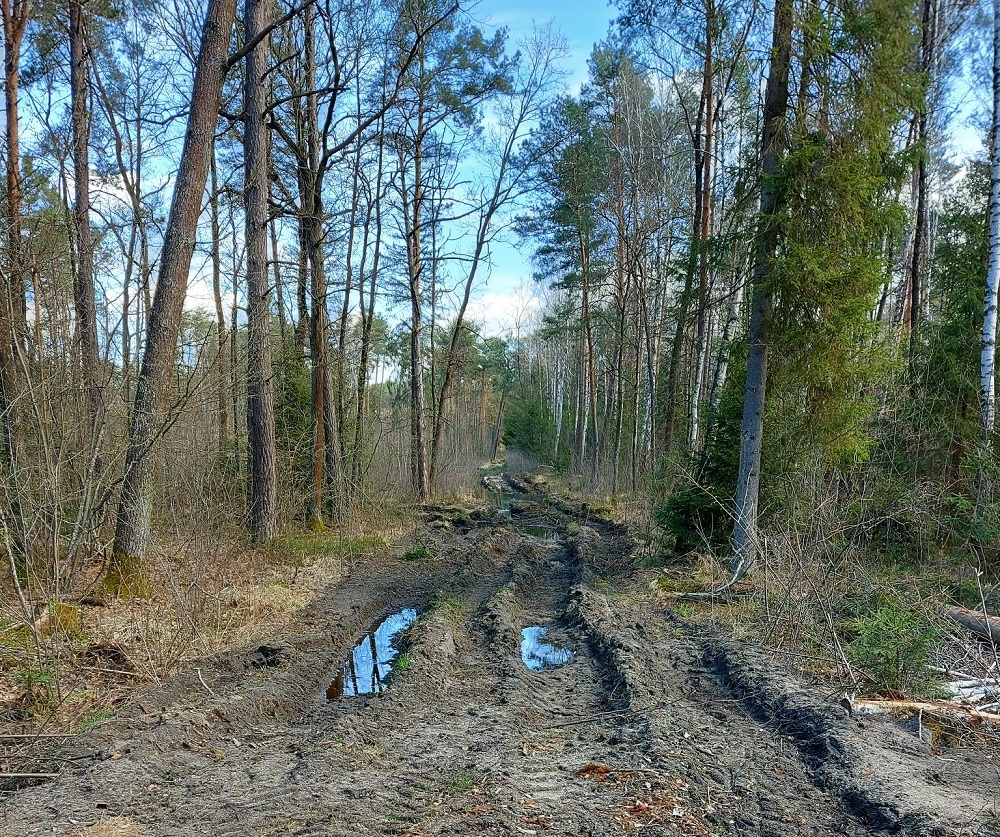
To combat climate change and biodiversity loss, the EP passed a law requiring companies to ensure that products sold in the EU have not led to deforestation and forest degradation. The problem is that Parliament has also provided a broader definition of forest degradation, which includes the conversion of primary or naturally regenerating forests to plantation forests or other woodland. This means that wood obtained from Polish forests will not meet EU standards, because forest management consisting in felling and planting is treated as degradation in the light of this document.
“The Union should therefore take action to minimise global deforestation and forest degradation driven by its consumption of certain commodities and products and thereby seek to reduce its contribution to greenhouse gas emissions and global biodiversity loss as well as promote sustainable production and consumption patterns in the Union and globally” – states the adopted document.
“The Commission should assess the deforestation and forest degradation risk at a level of a country or parts thereof based on a range of criteria that reflect both quantitative, objective and internationally recognised data, and indications that the countries are actively engaged in fighting deforestation and forest degradation. This benchmarking information should make it easier for operators in the Union to exercise due diligence and for competent authorities to monitor and enforce compliance, while also providing an incentive for producer countries to increase the sustainability of their agricultural production systems and reduce their deforestation impact” – we read in the document. This means that the EP gives the EC the power to assess whether there is a degradation of forests in the EU sense of the word.
In the light of the document adopted in the EP forum‘forest degradation’ means “harvesting operations that are not sustainable and cause a reduction or loss of the biological or economic productivity and complexity of forest ecosystems, resulting in the long-term reduction of the overall supply of benefits from forest, which includes wood, biodiversity and other products or services”. But forced in it ‘sustainable harvesting operations’ means “harvesting that is carried out considering maintenance of soil quality and biodiversity with the aim of minimising negative impacts, in a way that avoids harvesting of stumps and roots, degradation of primary forests or their conversion into plantation forests, and harvesting on vulnerable soils; minimises large clear-cuts and ensures locally appropriate thresholds for deadwood extraction and requirements to use logging systems that minimise impacts on soil quality, including soil compaction, and on biodiversity features and habitats”. The document considers plantation forests to include plantings in forests made by human hands.
Since the EU authorities failed to gain control over Polish forests through political means, they want to do so in the economic field. If the above solutions come into force, Poland may have a serious problem with selling wood within the European Union. The text of the new law now needs to be formally approved by the Council. It will then be published in the Official Journal of the EU and enter into force 20 days later.
Anna Wiejak
